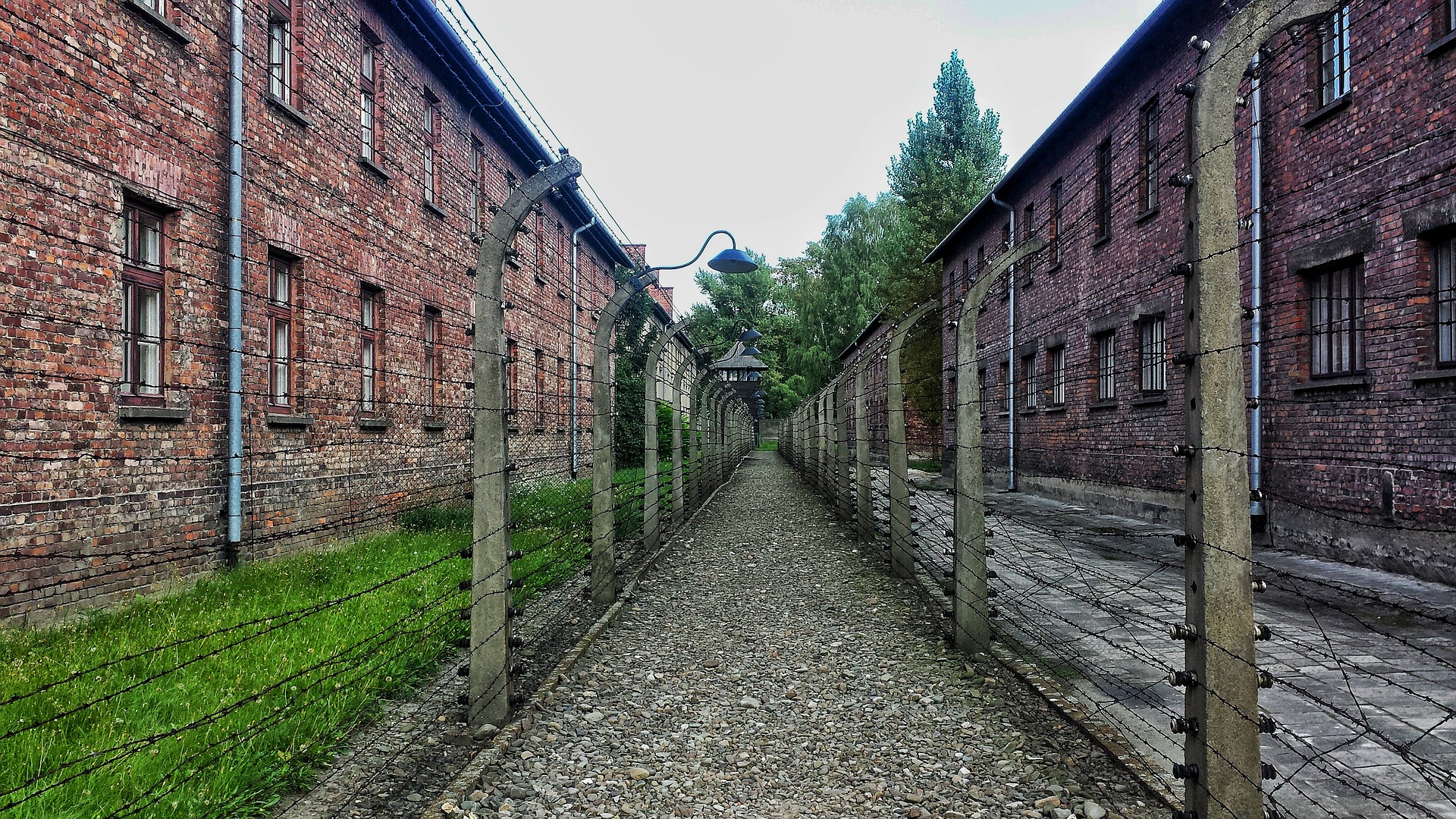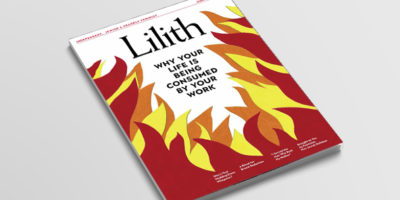
Poem: After the War
It was a Czech film and the lead was a dead ringer
for my uncle, same full cheeks, almond eyes, slicked
back hair, there he was, my uncle, on screen, larger
than life. The movie had a happy ending, our hero reclaiming
his fortune, his life. My uncle also survived, spared
by Mengele himself, the angel of death, fastidious, spick
and span, spotless in white. Step to the right he said,
because my uncle was young and strong and knew how
to weld. I met him when I was four, after the camps,
after the judge at Ellis Island changed his name from Pavel
to Paul, Briess to Brennan, the Irishman from Prague.
He seemed to live a charmed life after the war, played
the market, married money, became the life of the party
with his repertoire of jokes, which he couldn’t stop
telling. After my father died he embezzled money
from my mother, his sister, but she forgave him because
of all he went through, which he never talked about
until he was dying and even then only the funny stories—
the bunkmate who threw shoes at him after liberation:
You saved me, he said, now you wear them, they’re killing
my feet. What if that dashing movie star and my uncle
really had been twins, identical, indulged with sweets
before dissection by ‘Uncle Josef,’ who also survived
in Brazil, marrying his brother’s wife and living to a ripe
old age before dying of a massive stroke. He was a doctor.
He should have known better than to plunge into the ocean
so soon after the noonday meal, and on a full stomach.
Barbara Goldberg


